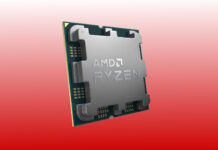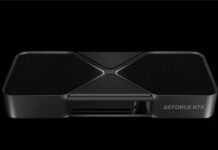Intel launched the critically acclaimed Sandy Bridge platform and beside several nice processors the company also announced new chipsets. One of the news of Intel’s new chipsets is the improved support for PCI Express 2.0 where it with full bandwidth can reach higher data speeds over the PCI Express interface.
There is a load of SATA controller cards that connects to PCI Express but far from all of them can throughput all of the performance of the drives. With Intel’s new P67 and H67 chipsets it will be easier to reach the maximal capacity of the the drives since the full theoretic PCI Express 2.0 bandwidth of PCIe x1 is 500 MB/s.
Even if Intel’s P55 chipset also supports PCI Express 2.0 the data channels weren’t working at full speed, actually only half of the specified speed. This was investigated by Tech Report.

In a comparison between Intel P67, Intel P55 and AMD’s SB850 southbridge we see that a PCIe x1 RAID card with dual SSDs offers a lot more performance with Intel’s latest platform, despite the fact all three supports PCI Express 2.0. This could be extra interesting for those with great demands on their storage.
Worth mentioning is that motherboards with discrete PCIe bridge chips will offer even better data speeds since they bypass the bottlenecks of the PCI Express implementations.
Source: Tech Report















